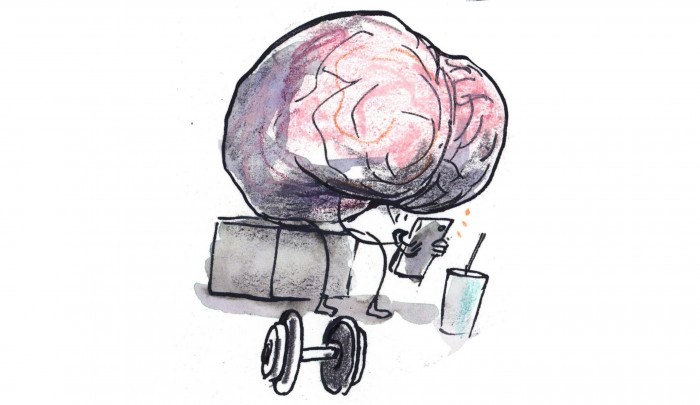
Lumosity brain games
Ever see those TV ads for “brain-training” games that will make you smarter? A San Francisco company, Lumos Labs, aggressively marketed online quizzes and memory tests under the brand Lumosity and said users would perform better in school and even postpone dementia. This October, a team of psychologists reviewing hundreds of studies concluded that brain games don’t make you smarter. By then, Lumos had already been fined $2 million by the Federal Trade Commission for false advertising. “Lumosity preyed on consumers’ fears about age-related cognitive decline,” said the FTC. “But Lumosity simply did not have the science to back up its ads.”
Don’t settle for half the story.
Get paywall-free access to technology news for the here and now.